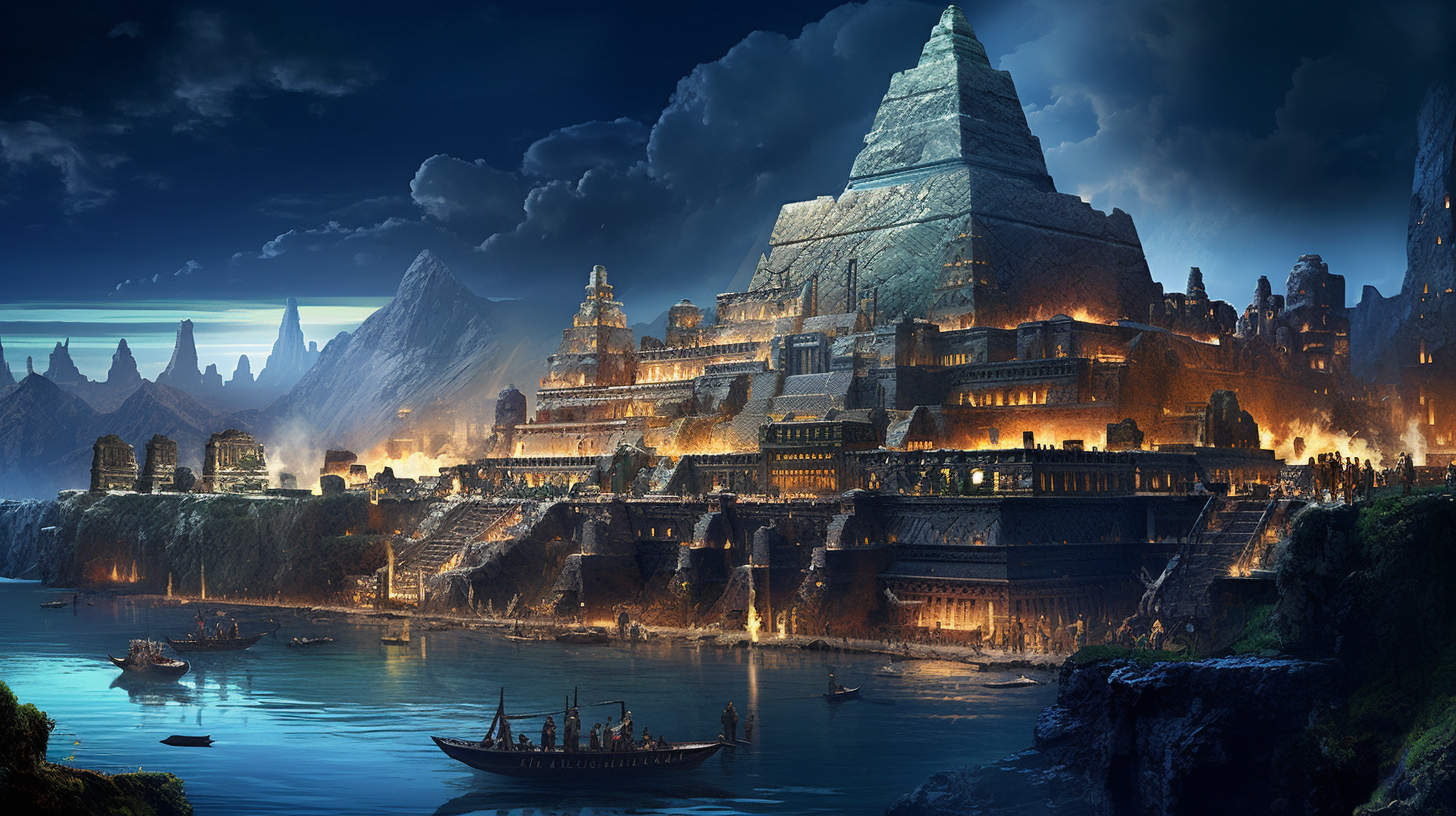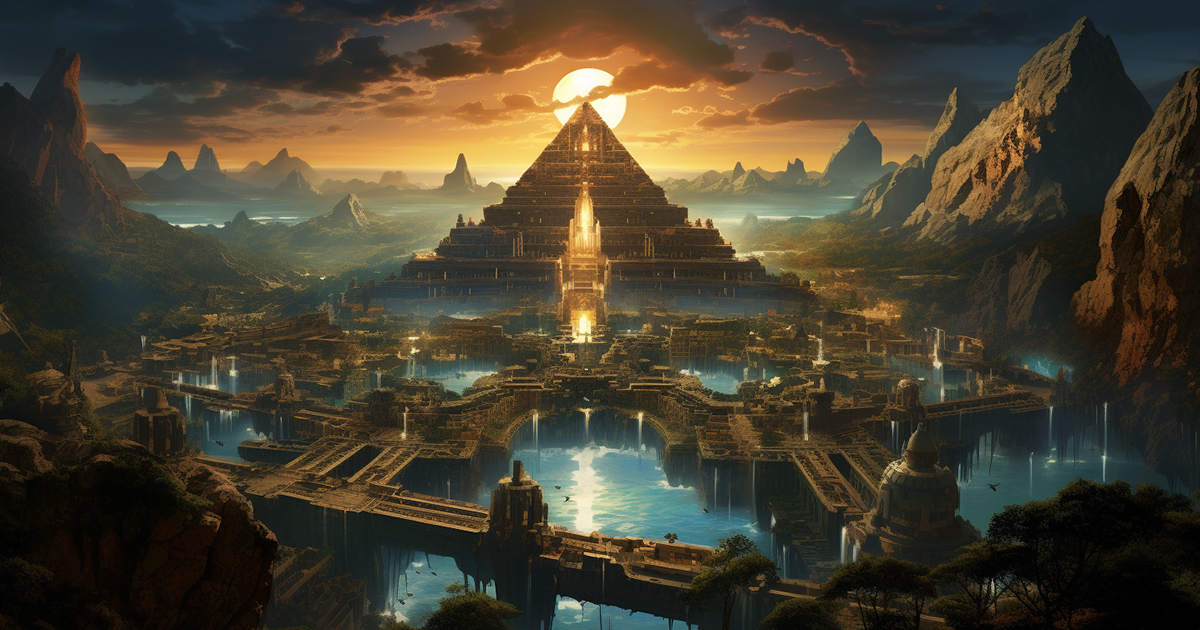In the year 2000, a group of divers embarked on an underwater expedition beneath the depths of the Mediterranean Sea near Alexandria, Egypt. Little did they know that their mission would lead them to unearth a once-forgotten civilization steeped in legends and folklore. The discovery of Heracleion, also known as Thonis, near Alexandria sparked a series of revelations that would challenge our perceptions of ancient societies.
The tales of Heracleion have been transmitted through Greek mythology and historical records for ages, but concrete evidence of its existence remained elusive until that pivotal moment in 2000. With origins dating back to the 7th century BC, Thonis stood as a testament to the bustling trade activities of its time.
A parallel storyline unfolded in India in 2001, where the legendary Mahabharata narrated the construction of the grand city of Dwarka by Lord Krishna. Initially dismissed as mere legend, Dwarka was eventually uncovered, solidifying the notion that myths may hold fragments of truth.

Among the numerous mythical sites worldwide, one has consistently fascinated our collective imagination—the fabled Atlantis. Described by Plato in the 4th century AD, Atlantis was depicted as the heart of a sophisticated civilization that mysteriously disappeared under the sea eons ago. While conventional scholars often dismissed Atlantis as fiction, a growing faction suggests that Plato’s narrative might hold grains of truth.
The tantalizing question looms: What if Atlantis, like these other legendary locales, were to be unveiled? Could it offer evidence of ancient human interactions with extraterrestrial entities?
In February 2017, researchers from the esteemed GNS Science institute in Dunedin, New Zealand, unveiled a groundbreaking discovery—a submerged continent that submerged millions of years ago. This sunken landmass, christened Zealandia, stretched beneath New Zealand. Astonishingly, despite its submersion, Zealandia met all the criteria of a continent, featuring a distinct crust setting it apart from the adjacent ocean floor and clear demarcation from Australia.
This revelation caused ripples in the scientific realm, challenging established beliefs about Earth’s continental composition. Could this have been yet another ancient land where civilizations thrived? If so, it holds the potential to reshape our understanding of history.
Supporters of ancient astronaut theory put forth a fascinating conjecture—that Zealandia might be the enigmatic Atlantis. While some scientists remain dubious about ancient legends, the mounting archaeological evidence demands a thorough inquiry. These findings underscore that many age-old myths may have genuine roots, urging us to reassess our historical perspectives.
Watch the Video:
In essence, the revelation of submerged ruins and the rediscovery of ancient cities prompt us to approach with an open mind. They serve as a reminder that even the most fantastical historical narratives could hold truths waiting to be unveiled and that our boundaries of knowledge are ever-evolving, shedding light on the enigmas of our ancient past.

1 thought on “Setting Sail on a Remarkable Journey: Uncovering Lost Civilizations and Lands”
Comments are closed.